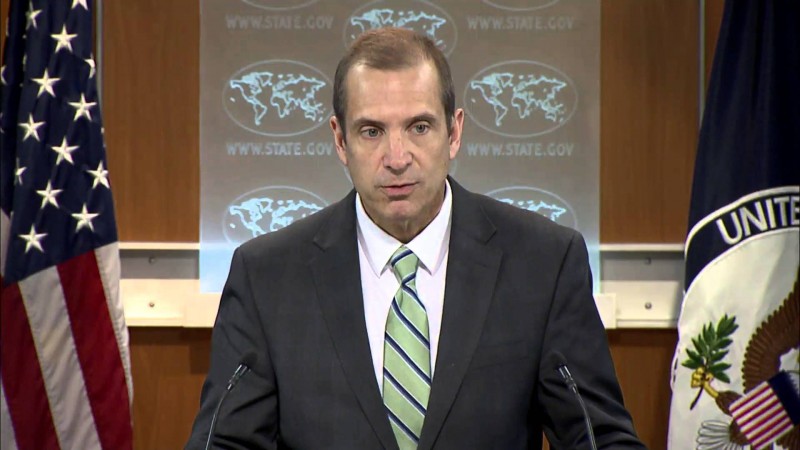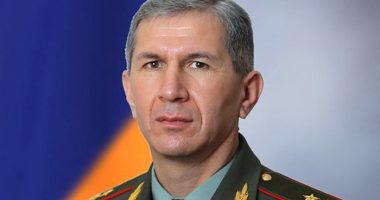By Hambersom Aghbashian
Dr. Aksin Somel completed his undergraduate education at Ankara University, Faculty of Political Sciences, Dept. of International Relations in 1983. He earned his MA degree from Boğaziçi University, Dept. of History in 1987 and his Ph.D. degree from Bamberg University -Germany, (Turkology, History and Sociology) in 1993. He served at Boğaziçi University (1985-1988); Freiburg University-Germany (1988-1991) and Bilkent University (1993-2002). Since (2002- present) he is Assistant Professor at Sabancı University. His areas of interest are: 19th century Ottoman education; Ottoman bureaucracy during the reform era; relationship between central authority and peripheral populations of the Balkans, east Anatolia and the Arab lands; nationalist movements in the Balkans; 19th century Ottoman political thought; Ottoman women during the age of reforms. Dr. Aksin Somel is the author and the co-author of a long list of publications, including “Osmanlı’da Eğitimin Modernleşmesi (1839-1908): islamlaşma, otokrasi ve disiplin,” April 2015, “Osmanlı İmparatorluğu ansiklopedisi, İstanbul: Alfa Yayıncılık,” July 2014, “The A to Z of the Ottoman Empire ” March 23, 2010 and many others.
Dr. Aksin Somel is a corresponding member of the Turkish Historical Association (Türk Tarih Kurumu) and the Middle East Studies Association of North America (MESA).
On September 24-25, 2005, a conference entitled “Ottoman Armenians During the Decline of the Empire: Issues of Scientific Responsibility and Democracy” was held at Bilgi University in Istanbul. The self-avowed goal of the conference was to call into question the official Turkish account of events. The participants discussed the plight of the Armenians in the final days of the Ottoman Empire, a politically correct way in Turkey of saying the Armenian Genocide. It was the first time this subject was ever discussed so openly in Turkey. Dr. Aksin Somel of Sabanci University was one of the organizers. (1)
From Nov. 11-13, 2011, Diyarbakir hosted a groundbreaking workshop on the social and economic history of the city and its surrounding areas from 1838 to 1938, tackling head-on the fate of the region’s vibrant Christian minorities. The workshop, organized by the Hrant Dink Foundation and the city’s metropolitan municipality. Diyarbakir Mayor Osman Baydemir, delivered the opening speech. Among many powerful statements he mentioned that Diyarbakir was the third most economically vibrant city in the Ottoman Empire in the early 20th century, but was relegated to the 66th position in the decades that followed because of the destruction of its Armenian and Assyrian population. He added, “This city, belongs to Armenians and Assyrians as much as it belongs to Kurds.” Speakers at the workshop included genocide scholars and Ottoman historians from Europe, North America, and Turkey. Professor Aksin Somel was one of the main participants.(2)
___________________
1- http://www.armeniapedia.org/wiki/Conference:_Ottoman_Armenians_During_the_Decline_of_the_Empire
2 – http://armenianweekly.com/2011/11/13/diyarbakir/










